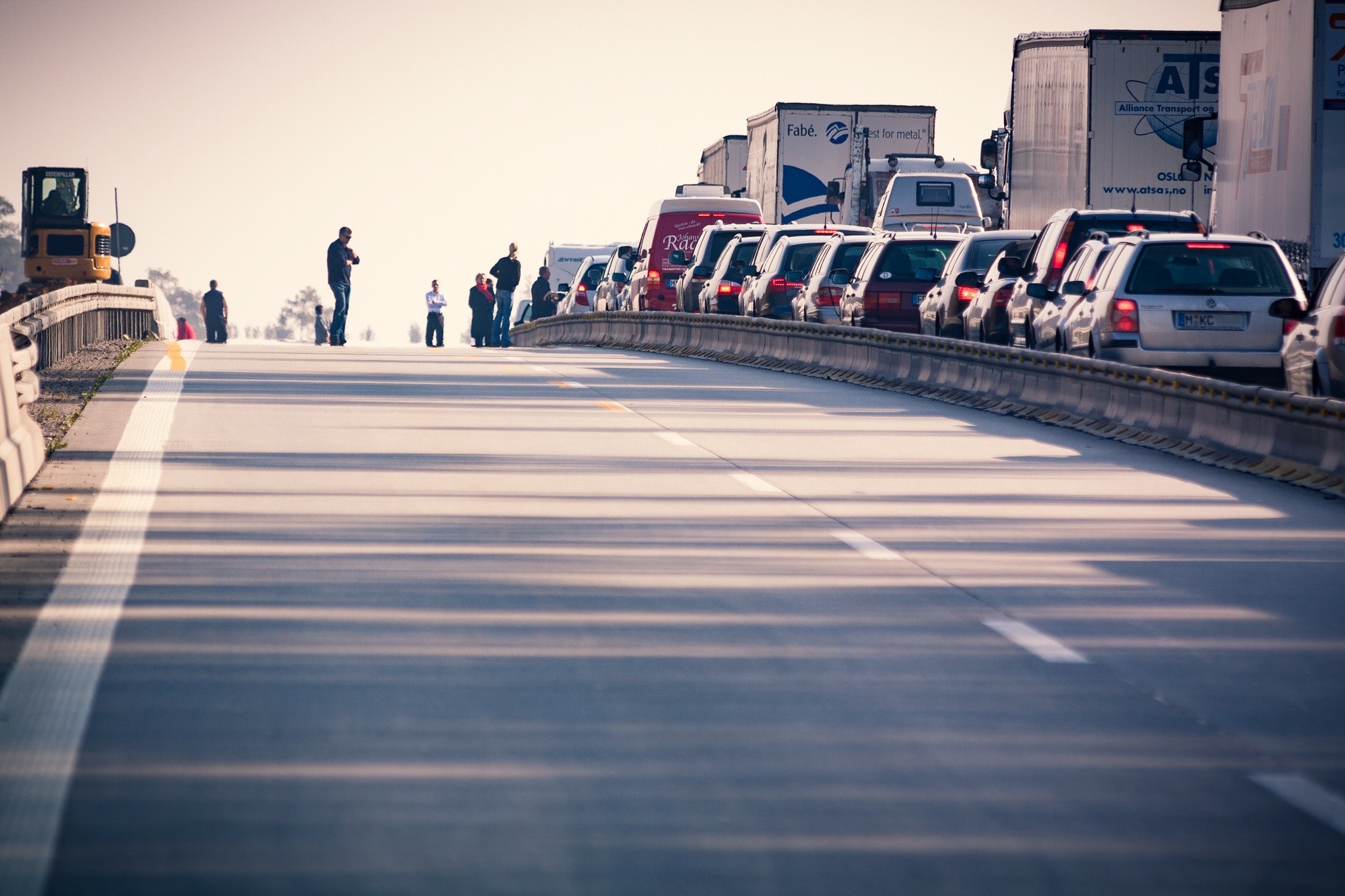The immediate aftermath of a road accident can be a very frazzled, disorienting time. Even light accidents can leave some trauma that can shake your confidence, not to mention have physical impacts that take a while to recover from. However, despite that, it’s important to take your next steps following an accident mindfully and carefully, since legal and financial consequences can follow. As such, here’s what not to do after you get into a road accident.
Do not leave without carrying out the right steps
Your initial urge might be to drive away from the scene and get out of danger. In some cases, such as a bump of the highway, moving might be necessary. However, where possible, avoid driving away from the scene of the accident. Depending on where you live, failing to stick around, failing to call the emergency services, and failing to stop and provide emergency first aid when and where possible could all put you in legal danger.
Apologizing, arguing, and taking blame
Part of what you need to do after an accident involves talking to the other parties involved, most specifically for the exchange of car insurance information, once you’re certain everyone is safe. It’s easy for your emotions to be raised at this point. Even if it’s not your fault, you can end up apologizing or trying to make them feel better by taking some of the blame, but this could be the justification they use to show that you have taken responsibility for the accident. Similarly, arguing is just as bad, as it raises the tension and could increase the chances that they opt not to give you their details (illegal as that may be).
Don’t forget to call the right people
Immediately after you have gotten the details of the others involved in the accident and made sure everyone is safe, you need to start calling you people. If you’re hurt, this should include your injury lawyer. At the very least, you should make a call to the emergency services, as failing to report an accident could be a crime. Then, you need to call your insurance company to start figuring out how any damage caused is to be paid for. Even if it’s not your fault, failing to report to your insurance provider could be used against you.
Neglecting to make a record of the scene
Besides the insurance and contact details of the other driver, you need as much of a record of the scene as possible. Go about collecting evidence that could be used to justify a claim and ensure the blame isn’t passed to you. Take pictures where you can, jot down the details of the other vehicle involved and, if possible, try to get the details for any witnesses who can corroborate your story. The more evidence on your side, the better. Similarly, ensure you visit your doctor asap so you have a medical record of any injuries.
Dealing with the consequences of a road accident is never easy, even when you’re at no fault. However, making any of the mistakes above can cost you dearly, so it’s important to burn them into your mind.


